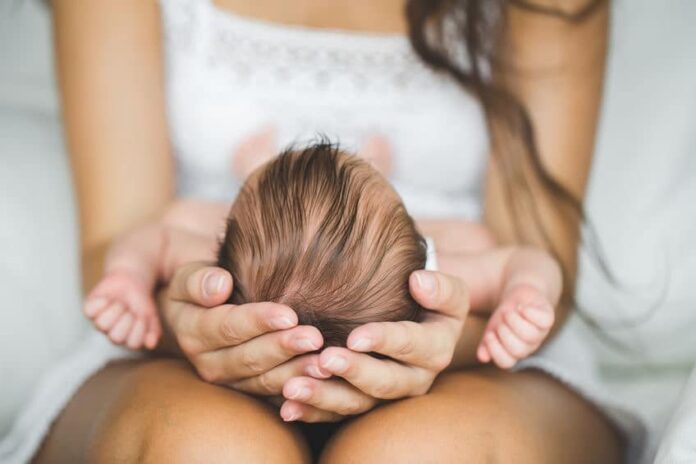[ad_1]
Behold a telling infographic called “The Age That Women Have Babies: How a Gap Divides America.”
While the average age of first childbirth is still 26, that’s a median between two extremes.
College educated women in San Francisco are an average of 32 at first birth.
Women in Zapata County, TX are 21.
Think that may make a difference in the arc of their lives?
“The difference in when women start families cuts along many of the same lines that divide the country in other ways, and the biggest one is education. Women with college degrees have children an average of seven years later than those without – and often use the years in between to finish school and build their careers and incomes.
People with a higher socioeconomic status “just have more potential things they could do instead of being a parent, like going to college or grad school and having a fulfilling career,” said Heather Rackin, a sociologist at Louisiana State University who studies fertility. “Lower-socioeconomic-status people might not have as many opportunity costs – and motherhood has these benefits of emotional fulfillment, status in their community and a path to becoming an adult.”
There has long been an age gap for first-time mothers, which has narrowed a bit in recent years, driven largely by fewer teenage births, Ms. Myers said. Yet the gap may be more meaningful today. Researchers say the differences in when women start families are a symptom of the nation’s inequality — and as moving up the economic ladder has become harder, mothers’ circumstances could have a bigger effect on their children’s futures.”
To be clear, it’s not all roses for urban, educated women.
“The wage penalty for women who have children is high, so many try to advance in their careers before giving birth…They’re also less likely to live near their children’s grandparents or because their parents are older, they juggle child care with elder care. And they might have fewer children than they hoped, because fertility declines during a woman’s 30s.”
Women who have kids at a younger age have the advantage of being healthier, more fertile and near their parents
On the other hand, women who have kids at a younger age have the advantage of being healthier, more fertile and near their parents — but they also have less education and income, and a full 75% of women who have kids before 25 have them out of wedlock.
There’s no one “right” way to plan a family, but I do think that there are more effective ways of dating that are more likely to yield optimal results.
Your thoughts, below, are greatly appreciated.
[ad_2]
www.evanmarckatz.com







